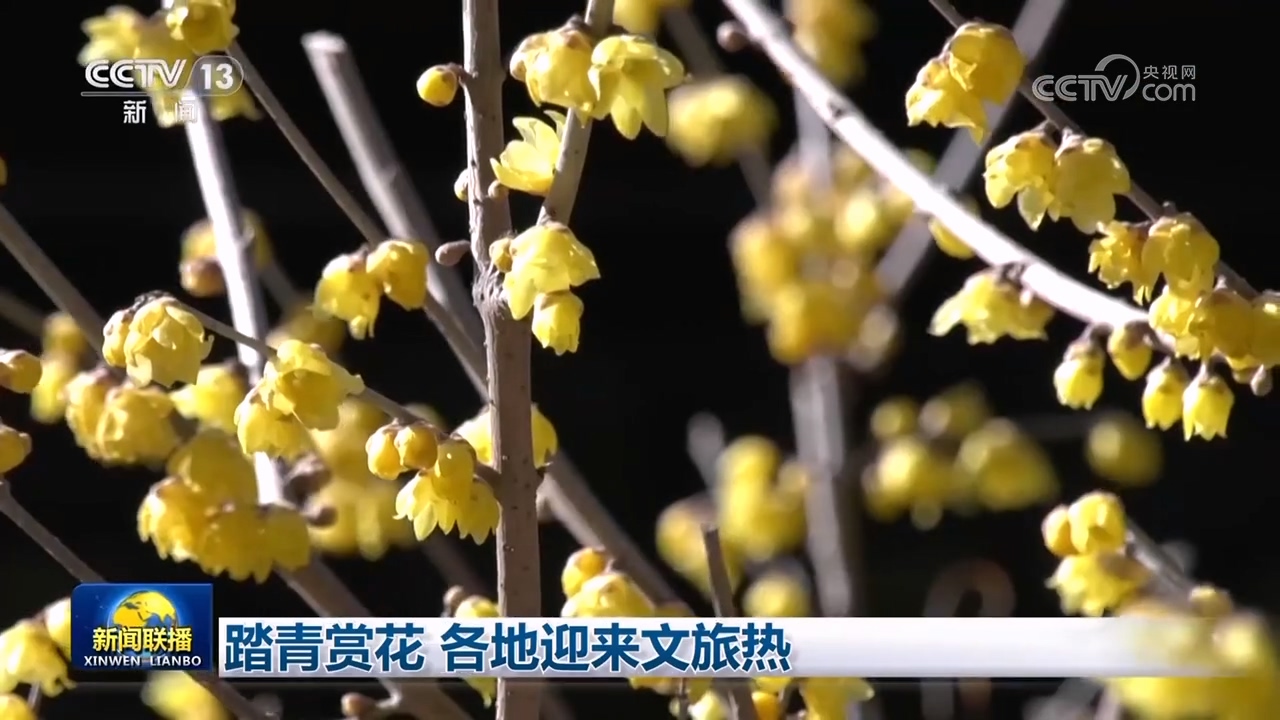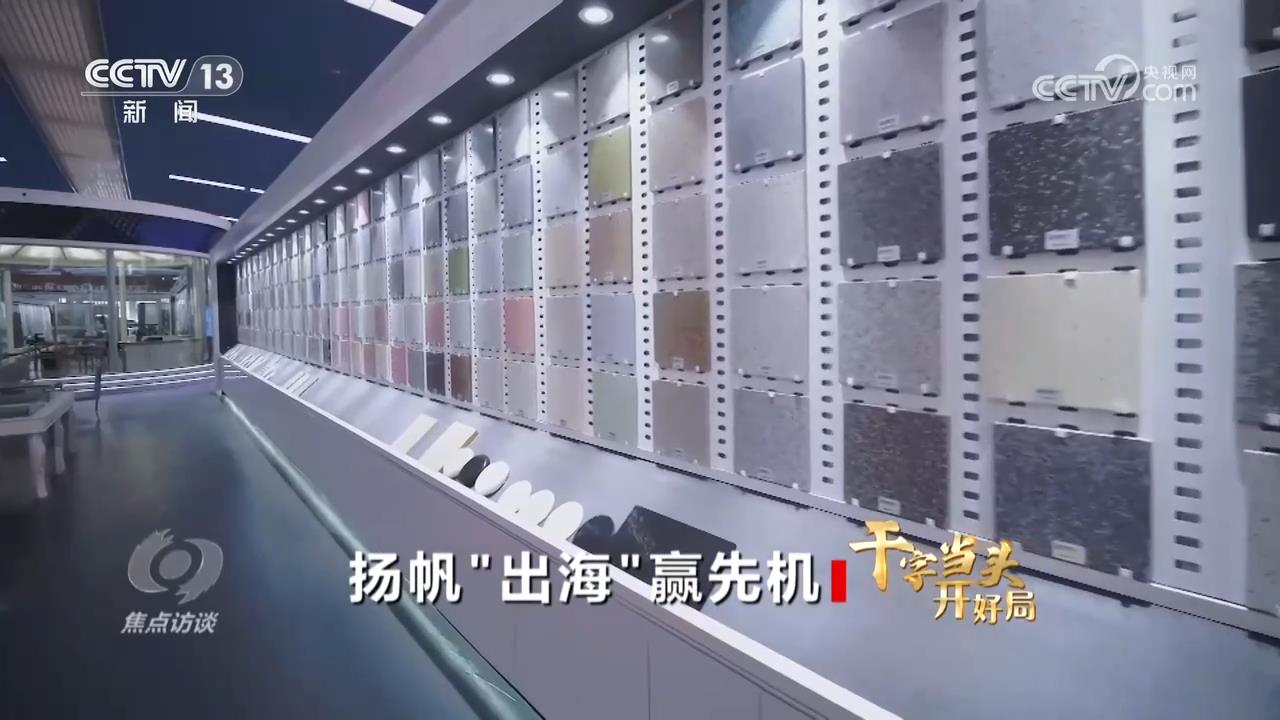At the National People's Congress and the Chinese People's Political Consultative Conference every year, elderly care is a topic that is highly concerned. At this year's Two Sessions, He Dan, member of the National Committee of the Chinese People's Political Consultative Conference and director of the China Population and Development Research Center, will put forward specific suggestions on improving the care system for disabled elderly people, promoting the integration of medical care and nursing, and developing the silver economy.
Shijingshan District, Beijing is a pilot area for the long-term care insurance system in my country. On the first day after the Spring Festival holiday, Commissioner He Dan came here to visit the Medical Insurance Bureau, Care Institutions, and families of disabled elderly people, and conducted research on the care problems of disabled elderly people. 71-year-old Ren Sizhu was disabled due to cerebral infarction. He began to enjoy long-term care insurance since 2021. His wife who has been taking care of him has received free care skills training, can receive subsidies every month, and enjoy a certain period of professional home-to-door care service for free.
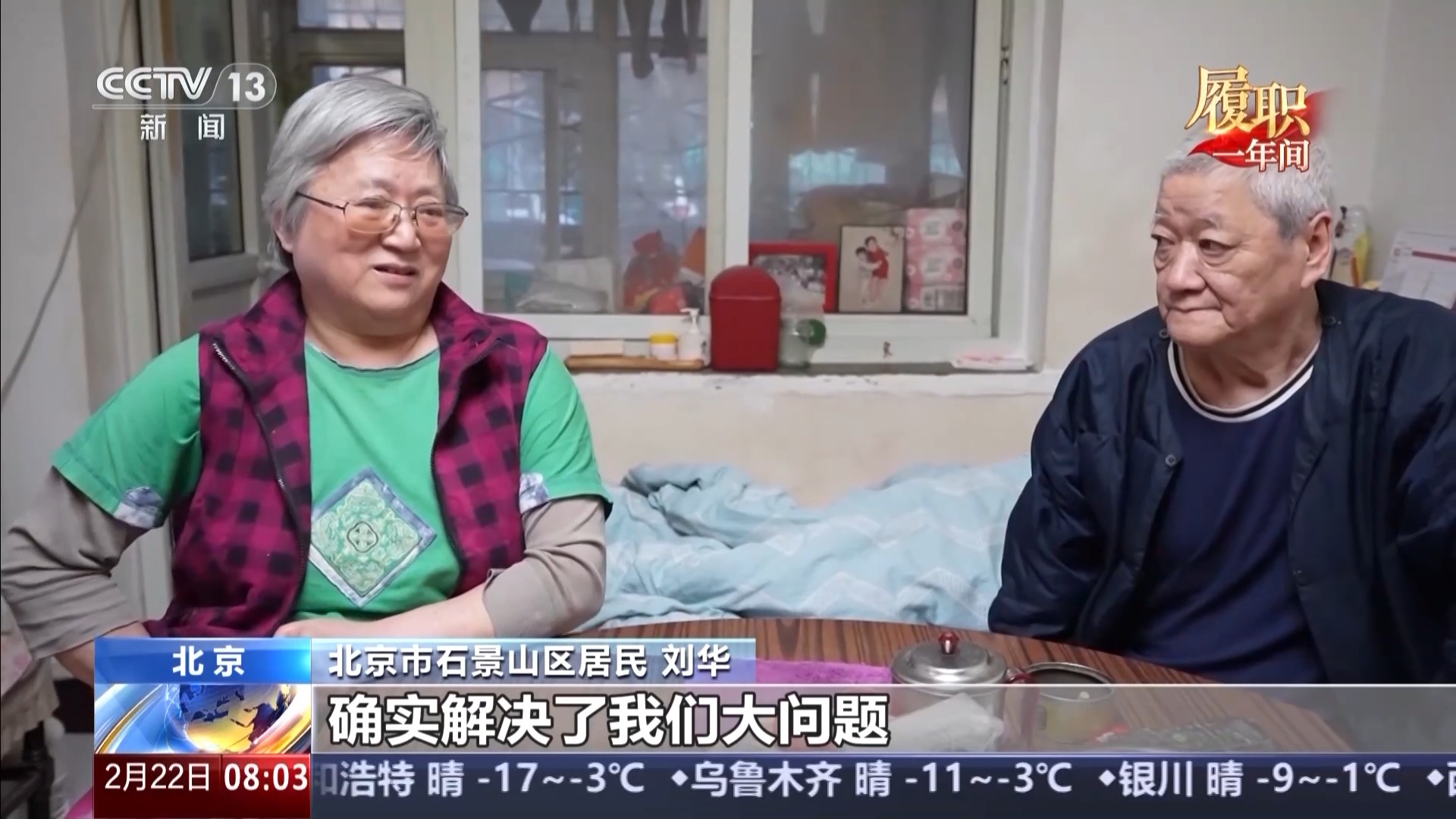
Resident from Shijingshan District, Beijing: It's very good. It subsidizes us 1,044 yuan per month. In addition, there is also a 2-hour and 6 door-to-door care service in a month, including washing hair, feet, and nail clipping, which has indeed solved our big problem.
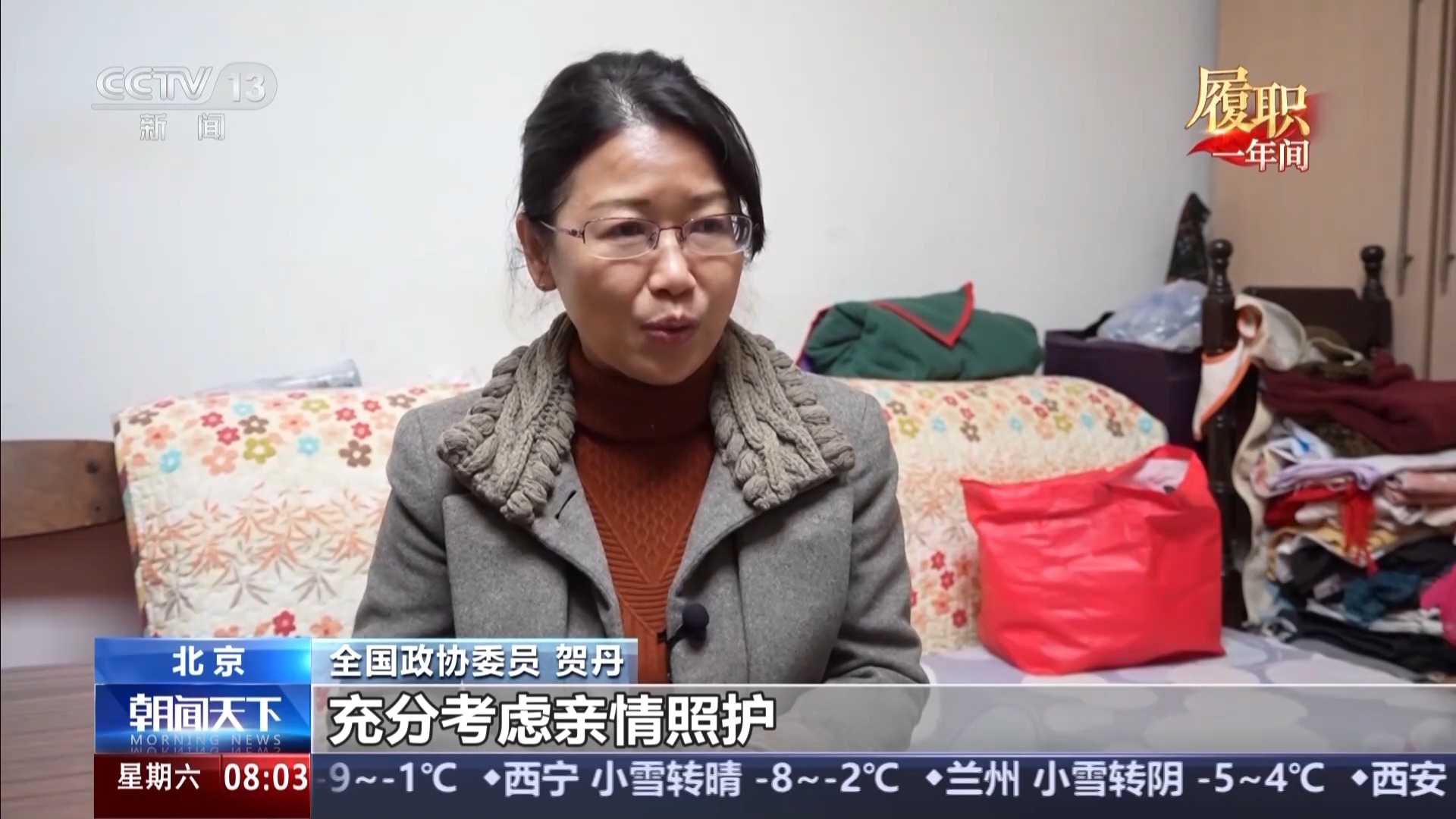
National CPPCC Member He Dan: Mutual care between family members is very important. If he takes care of his family and receives government subsidies, it would be even better. I really hope that in the design of our long-term care insurance system, the role of family care in the care of disabled elderly people will be fully considered and designed well.
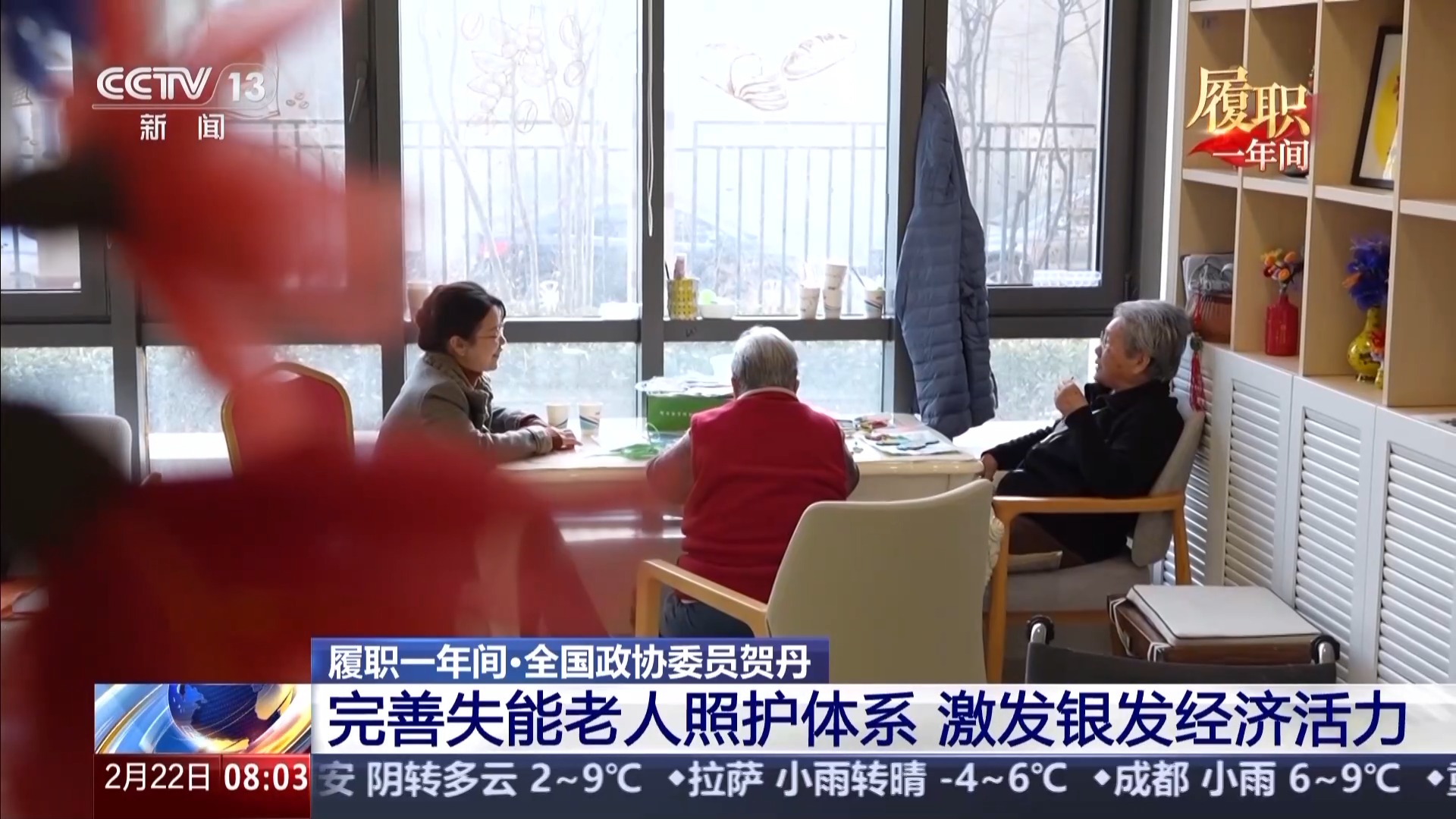
This year, He Dan is preparing to make suggestions on specific issues in the promotion of long-term care insurance nationwide, including expanding the scope of subsidies to families of disabled elderly people, increasing the training of care skills for family members, and accelerating the promotion of remote and interoperability of long-term care insurance. As a scholar in the population field, He Dan believes that the real challenge of aging in my country has not yet arrived, and policies to deal with aging must be forward-looking. She continues to pay attention to the care problems of disabled elderly people caused by changes in the elderly population structure. In the past year, I have visited Sichuan, Inner Mongolia, Guizhou and other places for investigation, and communicated with the National Health Commission, the Ministry of Civil Affairs and other departments many times. In the research reports and proposals, I have repeatedly suggested accelerating the design of top-level systems and expanding the scope of long-term care insurance implementation, which has received high attention from relevant departments.
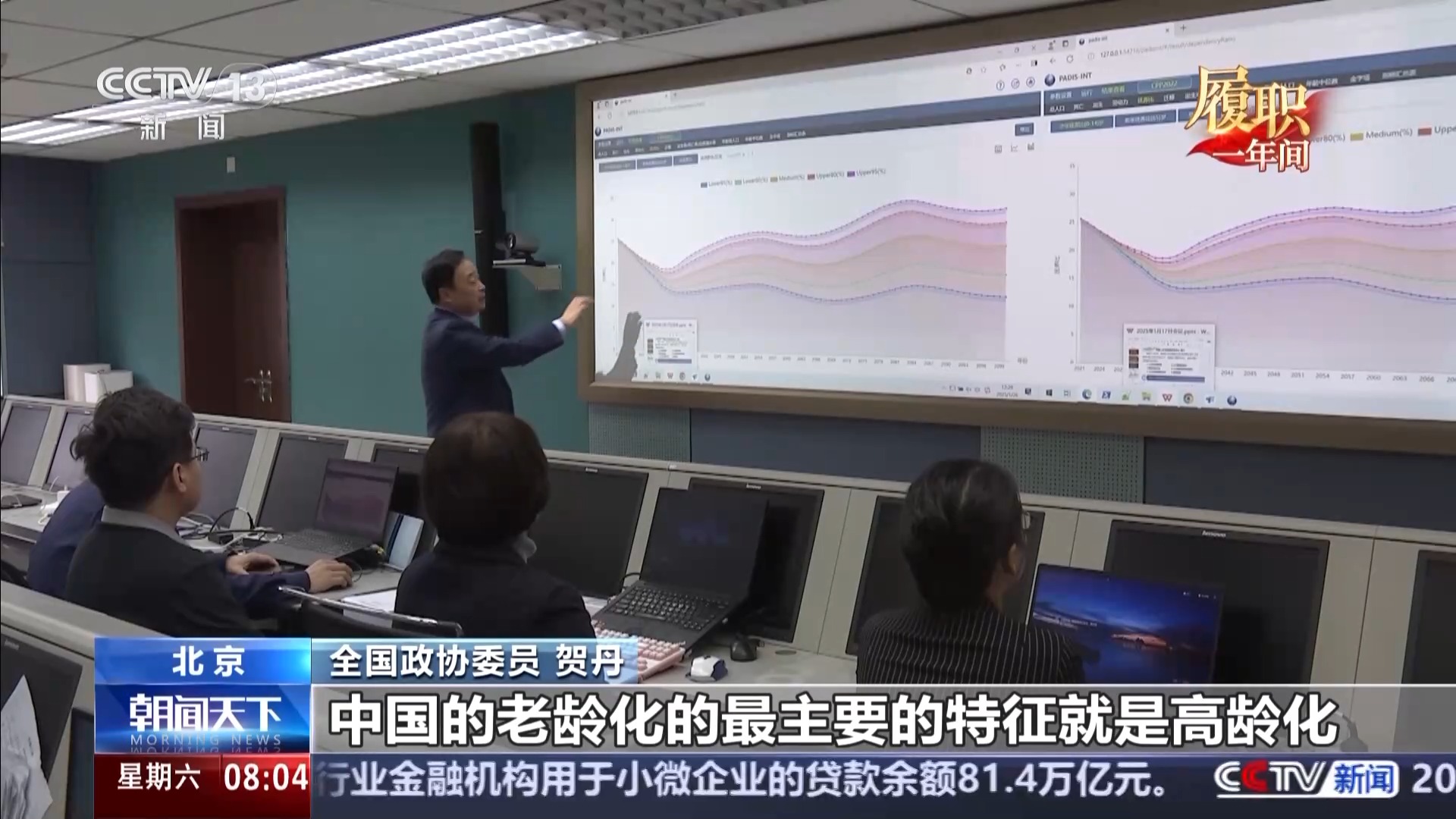
National CPPCC Member He Dan: The most important feature of China's aging is aging. We have nearly 40 million people over 80 years old. By 2035, this number will double, and by then it will reach about 80 million. By 2050, it will be close to 150 million people over 80 years old.
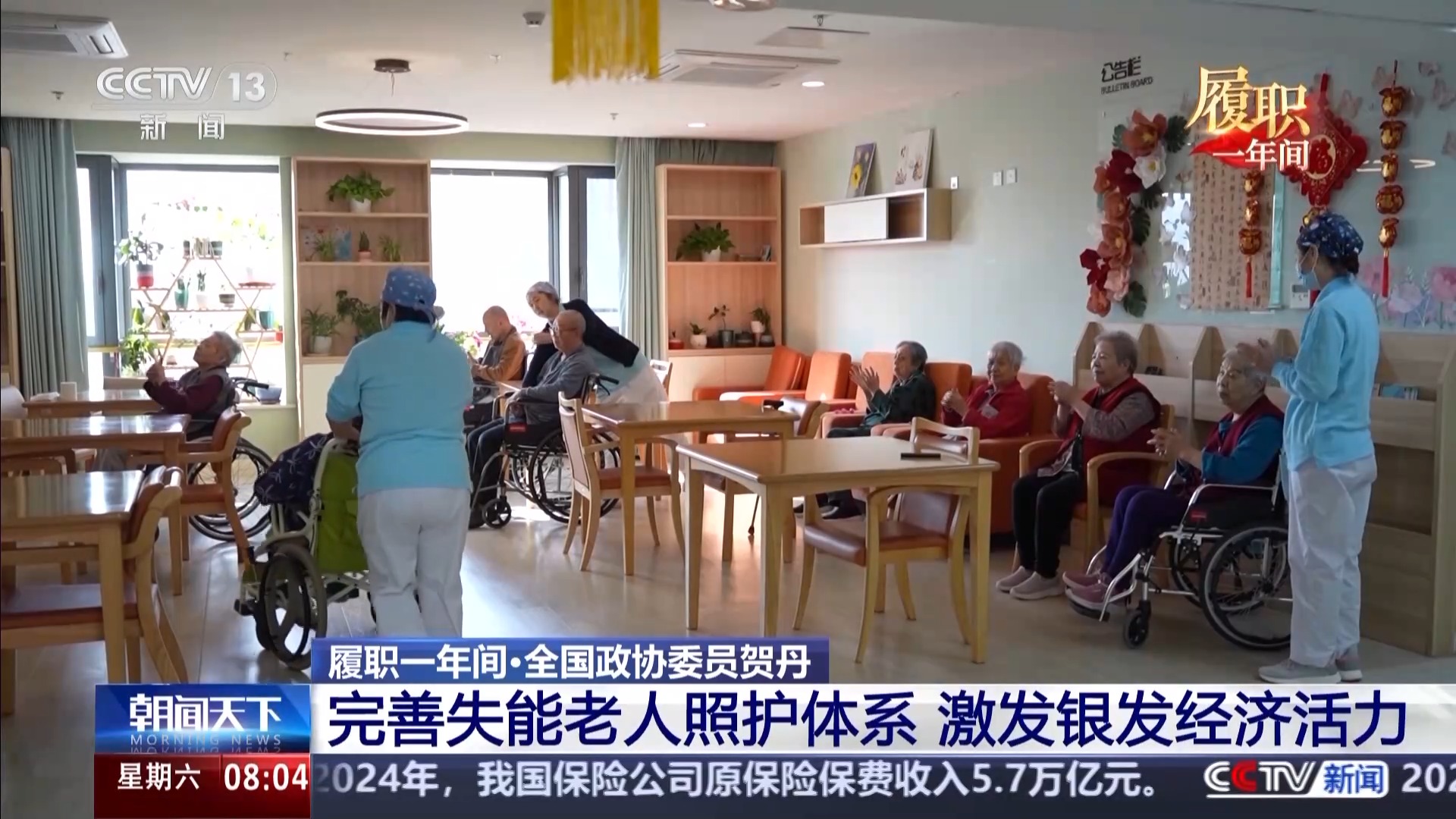
In addition to living care, medical services are also a rigid demand for elderly people. Last year, the country introduced a series of policies to strengthen the integration of medical care, but during the investigation, He Dan found that elderly people who are at home-based elderly care cannot enjoy medical services very conveniently. He Dan believes that it is very important to implement various policies for integrating medical care in the country, breaking down departmental barriers and effectively integrating various medical resources at the community level. At this year's Two Sessions, she will make suggestions on how to form the integration and interconnection of elderly care consortiums and medical consortiums at the community level and jointly provide family-oriented elderly health services.
National Committee Member He Dan: In terms of integrating medical and nursing care, how to integrate resources in all aspects at the grassroots level, the resources of nursing homes managed by the civil affairs department, community health service resources managed by our health department, and elderly health services resources, and provide family-oriented services through community integration medical alliances and elderly care consortia.
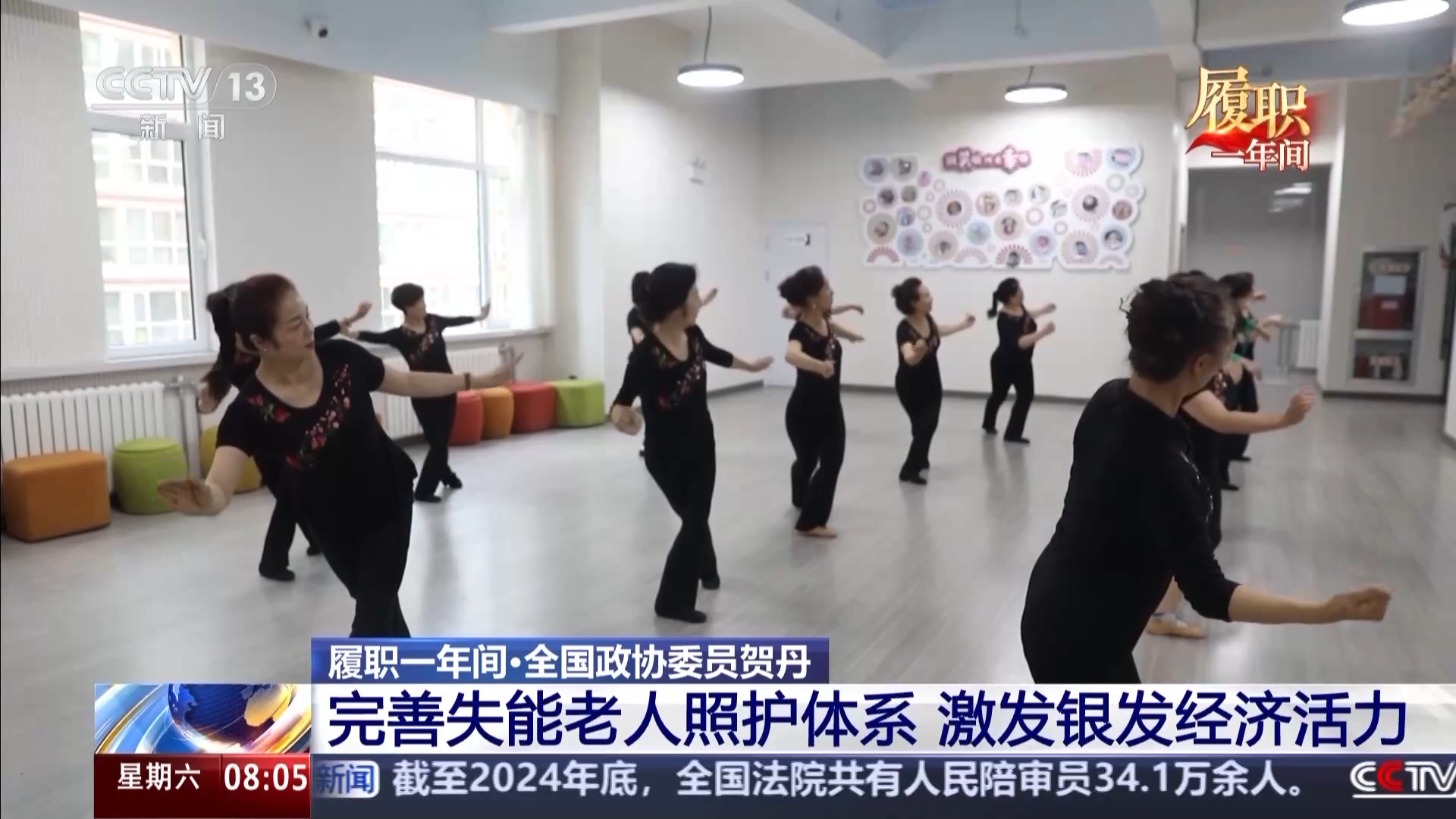
Aging has challenges and opportunities. In the past year, a series of policy measures such as the "Opinions on Developing the Silver Hairdressing Economy to Enhance the Welfare of the Elderly" have been introduced. From the introduction of policies to the results, it is necessary to understand the real consumption needs of the elderly. On the eve of the Two Sessions, He Dan rushed to Shanghai without stopping to conduct on-site research on tourism companies and community universities, and planned to make suggestions on further improving supporting policies that are compatible with delayed retirement.
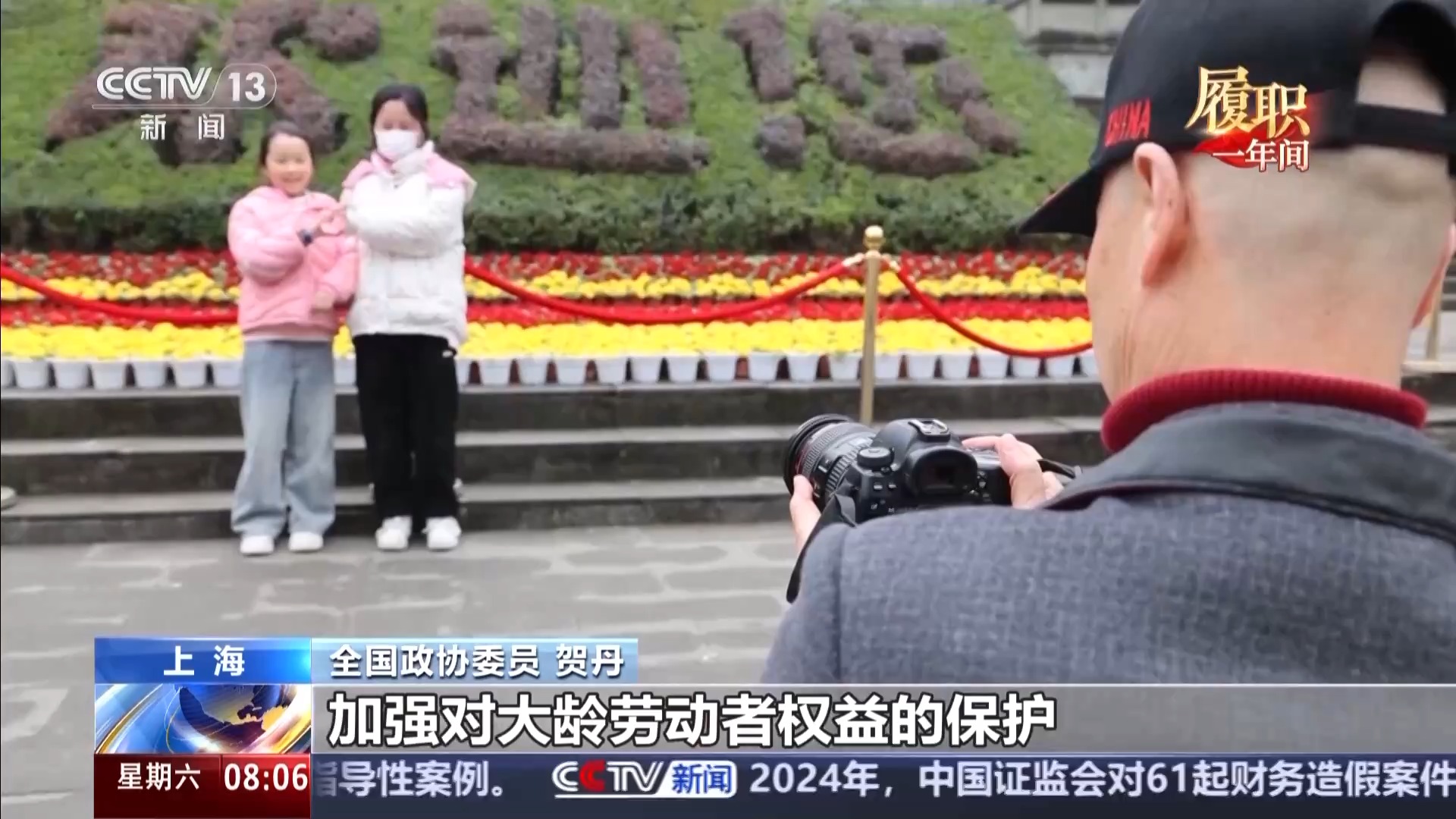
National CPPCC Member He Dan: Focus on providing targeted services and industry-led plans for the elderly of different age groups to improve its service quality; eliminate age discrimination and strengthen the protection of the rights and interests of older workers, so as to truly release the potential of silver-hailing economy.
It is very important to see whether a society is happy or not, whether the elderly are happy or not. During the investigation by Commissioner He Dan, we deeply felt the challenges and opportunities facing China's aging. How to actively respond to challenges, seize the opportunities of the silver economy, and improve the welfare of the elderly is precisely the driving force for the members who are paying attention to this field to move forward.

